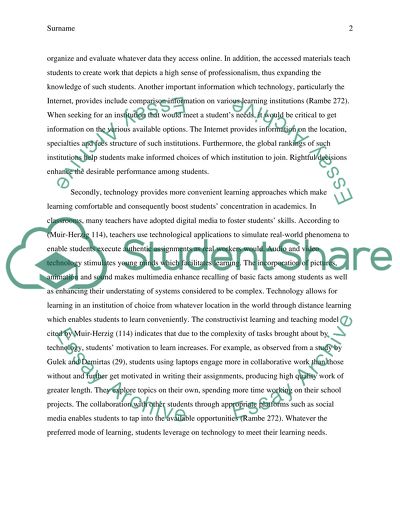Cite this document
(“How technology today affects a student's success Research Paper”, n.d.)
Retrieved from https://studentshare.org/information-technology/1489029-how-technology-today-affects-a-student-s-success
Retrieved from https://studentshare.org/information-technology/1489029-how-technology-today-affects-a-student-s-success
(How Technology Today Affects a student'S Success Research Paper)
https://studentshare.org/information-technology/1489029-how-technology-today-affects-a-student-s-success.
https://studentshare.org/information-technology/1489029-how-technology-today-affects-a-student-s-success.
“How Technology Today Affects a student'S Success Research Paper”, n.d. https://studentshare.org/information-technology/1489029-how-technology-today-affects-a-student-s-success.


